Description
Nitric acid is a highly corrosive and fuming liquid with the chemical formula HNO₃. It is a strong mineral acid known for its powerful oxidizing properties. Historically referred to as “aqua fortis” or “spirit of niter,” this compound is colorless in its pure form but often appears yellow due to decomposition into oxides of nitrogen .
Application
Chemistry:Used as a reagent for nitration reactions and in the synthesis of various organic and inorganic compounds.
Biology:Employed in the preparation of samples for elemental analysis and in the digestion of biological tissues.
Medicine:Utilized in the production of pharmaceuticals and in the synthesis of active pharmaceutical ingredients.
Industry:Essential in the manufacture of fertilizers, explosives, dyes, and pigments. It is also used in Metal processing and etching.
Specifications
| Item | Industrial Grade | Reagent Grade | |||
| GR | AR | CP | |||
| HNO3 % | 55 | 68 | 65-68 | 65-68 | 65-68 |
| HNO2 % | 0.2 | 0.2 | — | — | — |
| Chroma max | — | — | 20 | 20 | 25 |
| Residue on Ignition(SO4) max | 0.02 | 0.02 | 0.0005 | 0.001 | 0.002 |
| Oxide(Cl)% max | — | — | 0.00005 | 0.00005 | 0.0002 |
| Sulfate(SO4)% max | — | — | 0.0001 | 0.0002 | 0.001 |
| Fe % max | — | — | 0.00002 | 0.00003 | 0.0001 |
| As % max | — | — | 0.000001 | 0.000001 | 0.000005 |
| Cu % max | — | — | 0.000005 | 0.00001 | 0.00005 |
| Pb % max | — | — | 0.000005 | 0.00001 | 0.00005 |
Packing specifications
20GP
IBC:1600kg*16barrel=25.6Ton;
35kg: 35*720barrel=25.2Ton
Certifications
ISO 9001. ISO 22716. cGMP certified
Kosher, Halal certified
Shipping Information
MOQ: (Due to the nature of chemical transportation, please consult the sea trade manager for details!)
Port of Loading: CHINA - Shanghai Port, Ningbo Zhoushan Port, Guangzhou Port, Qingdao Port, Tianjin Port, Dalian Port, Xiamen Port, Lianyungang Port (can be ensured according to the requirements of customers)
Delivery Time: 4-6 weeks
Payment Terms
L/C, D/P, T/T at buyer’s cost
Sample available on request
Multiple Names
AZOTIC ACID
AQUA FORTIS
ELUENT (1MMOL/L HNO3)
CONTRACT LAB PROGRAM AA/ICP NITRIC ACID REAGENT/MATRIX BLANK SOLUTION
HYDROGEN NITRATE
NITROSONITRIC ACID
NITAL
NITRIC ACID, DILUTE R
NITRIC ACID, FUMING
NITRIC ACID, HUEY
NITRIC ACID, 2.000N
NITRIC ACID, 2.00 NORMAL
NITRIC ACID, 2.850N
NITRIC ACID, 3.100N
NITRIC ACID, 6.000N
NITRIC ACID, 6.00 NORMAL
NITRIC ACID STANDARD
BOSWOWLYRNCWPI-UHFFFAOYSA-N
NITRIC ACID 68PCT
- Random Content
- Hot content
- Hot review content
- Oxalic acid for mining 99.6%
- Barium carbonate 99% powder
- United Chemical GDA Gold Dressing Agent HS: 3824999999 – Eco-Friendly Substitute for Sodium Cyanide
- Lithium hydroxide 99% Solid
- Calcium Chloride 74% Flakes
- Food Grade 99% Sodium Bicarbonate
- What role do mining chemicals play in the mining industry?
- 1Discounted Sodium Cyanide (CAS: 143-33-9) for Mining - High Quality & Competitive Pricing
- 2Sodium Cyanide 98% CAS 143-33-9 gold dressing agent Essential for Mining and Chemical Industries
- 3China's New Regulations on Sodium Cyanide Exports and Guidance for International Buyers
- 4International Cyanide(Sodium cyanide) Management Code - Gold Mine Acceptance Standards
- 5China factory Sulfuric Acid 98%
- 6Anhydrous Oxalic acid 99.6% Industrial Grade
- 7Soda Ash Dense / Light 99.2% Sodium Carbonate Washing Soda
- 1Sodium Cyanide 98% CAS 143-33-9 gold dressing agent Essential for Mining and Chemical Industries
- 2High Purity · Stable Performance · Higher Recovery — sodium cyanide for modern gold leaching
- 3Sodium Cyanide 98%+ CAS 143-33-9
- 4Sodium Hydroxide,Caustic Soda Flakes,Caustic Soda Pearls 96%-99%
- 5Nutritional Supplements Food Addictive Sarcosine 99% min
- 6Sodium Cyanide Import Regulations & Compliance – Ensuring Safe and Compliant Importation in Peru
- 7United Chemical's Research Team Demonstrates Authority Through Data-Driven Insights



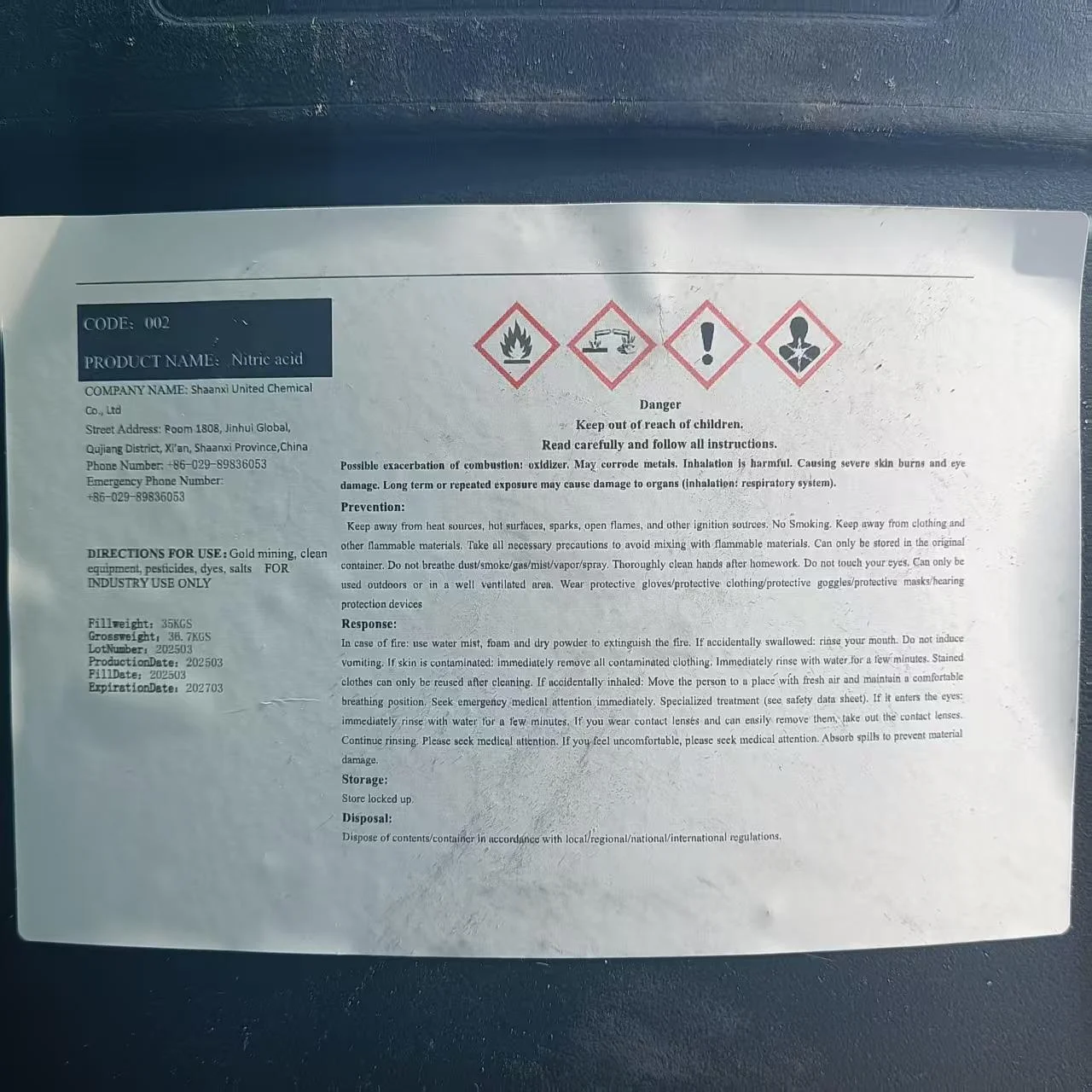
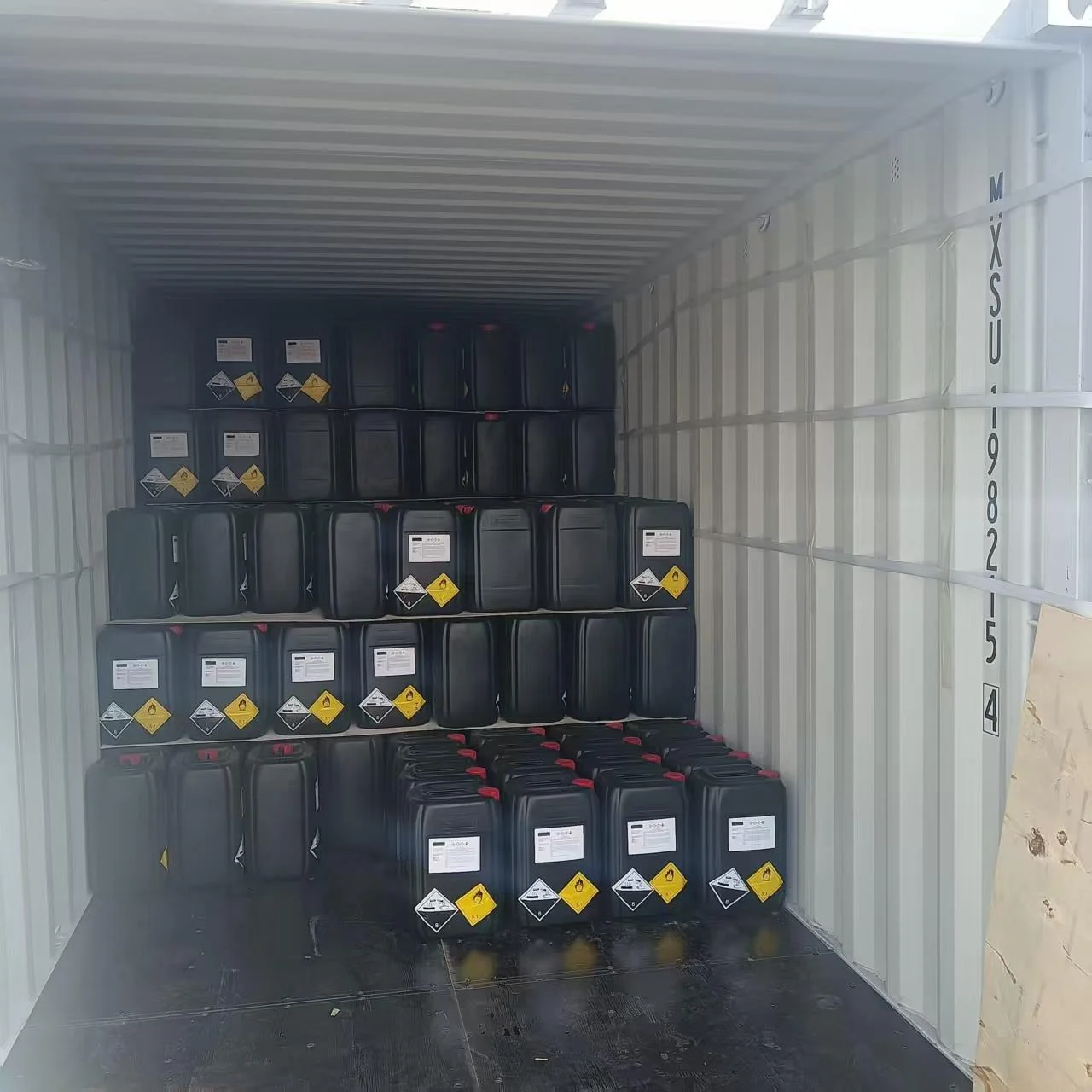

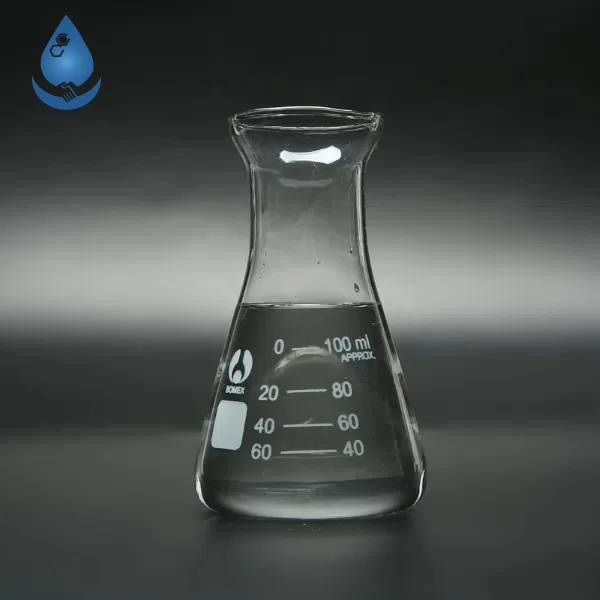
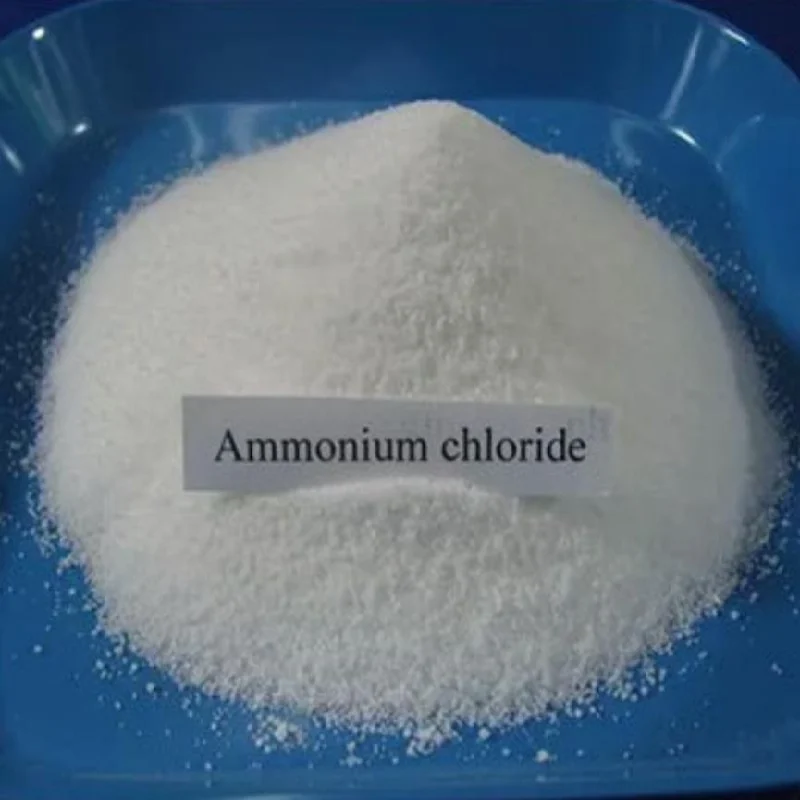
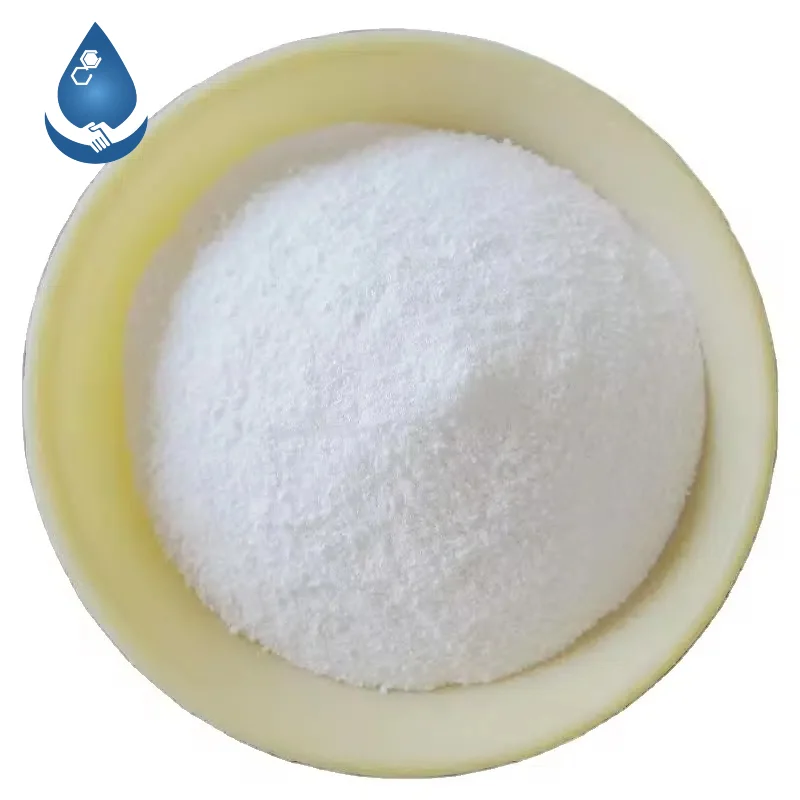



Online message consultation
Add comment: